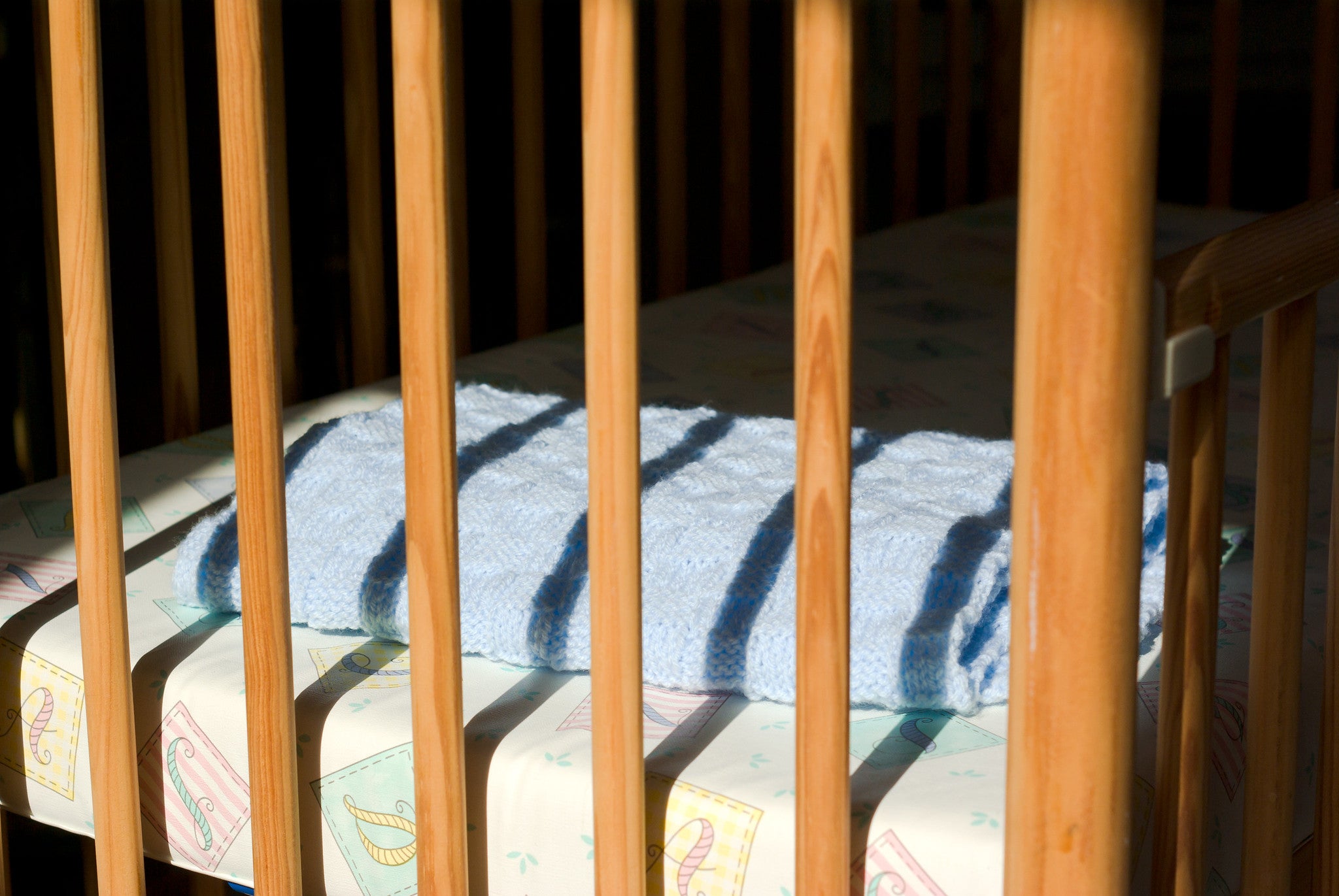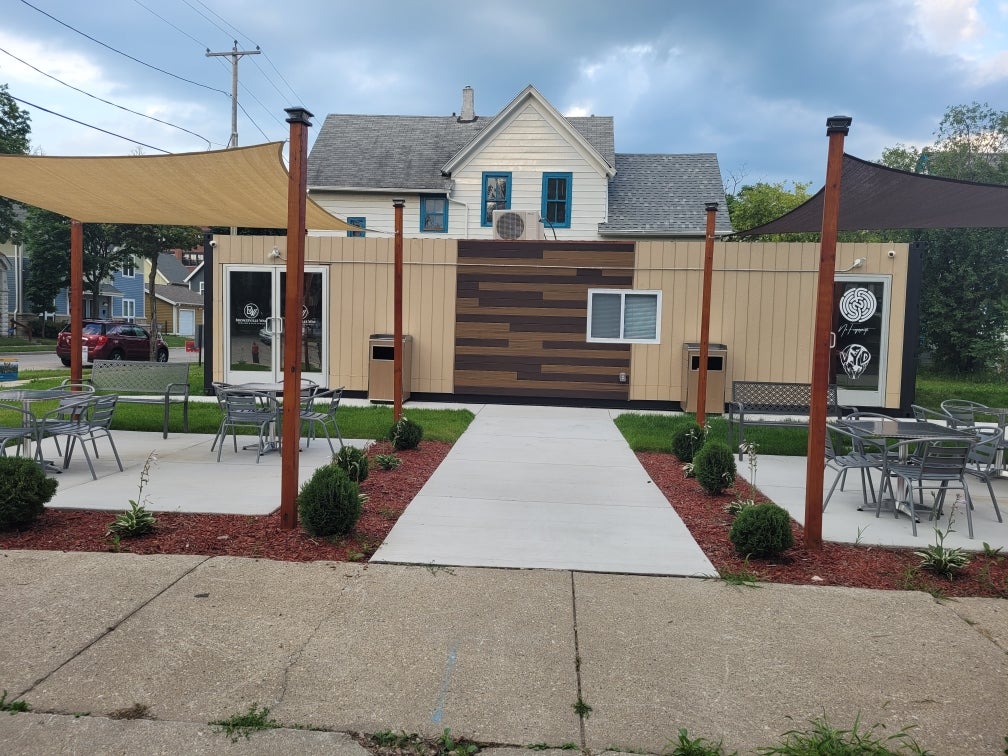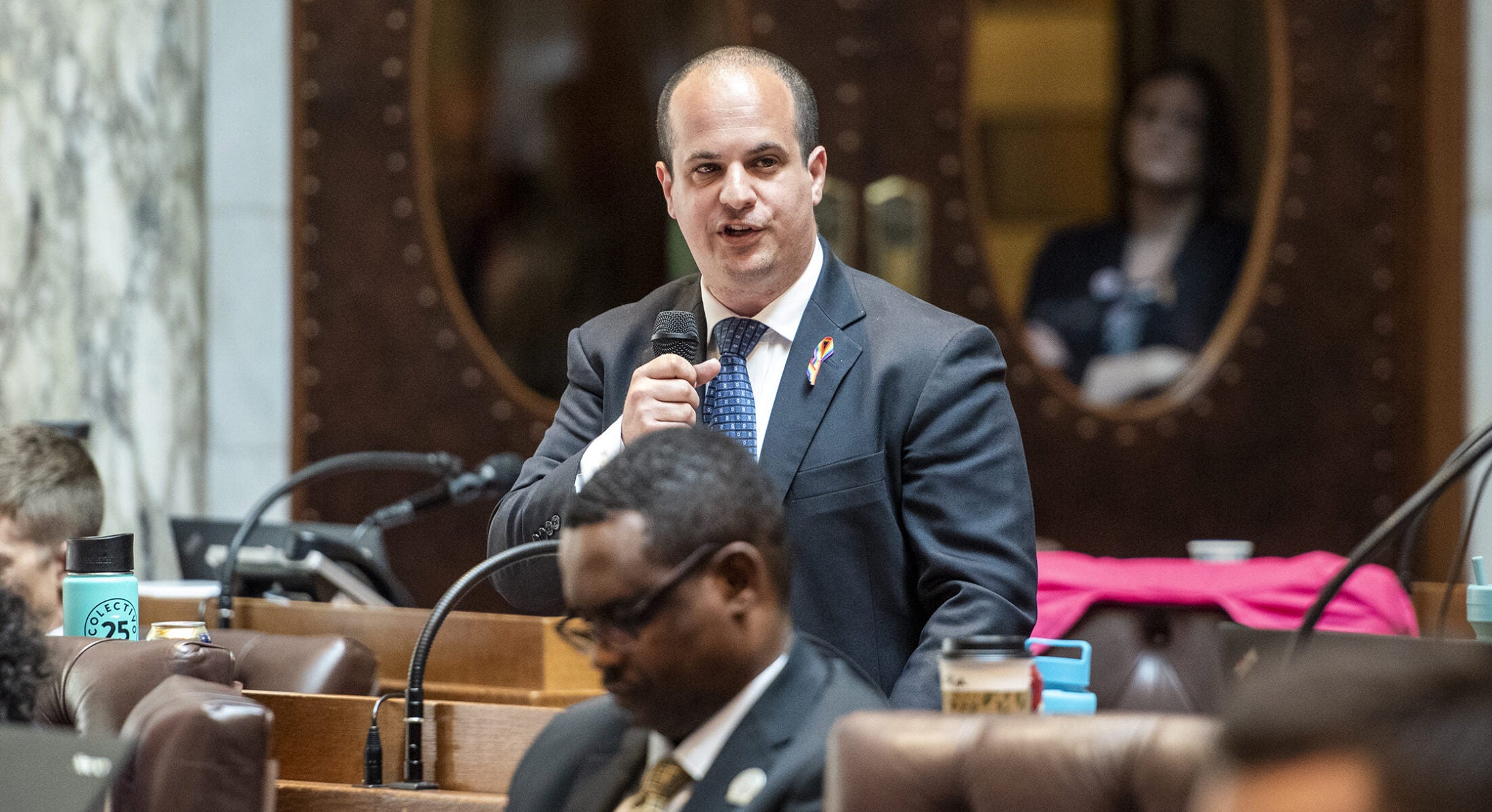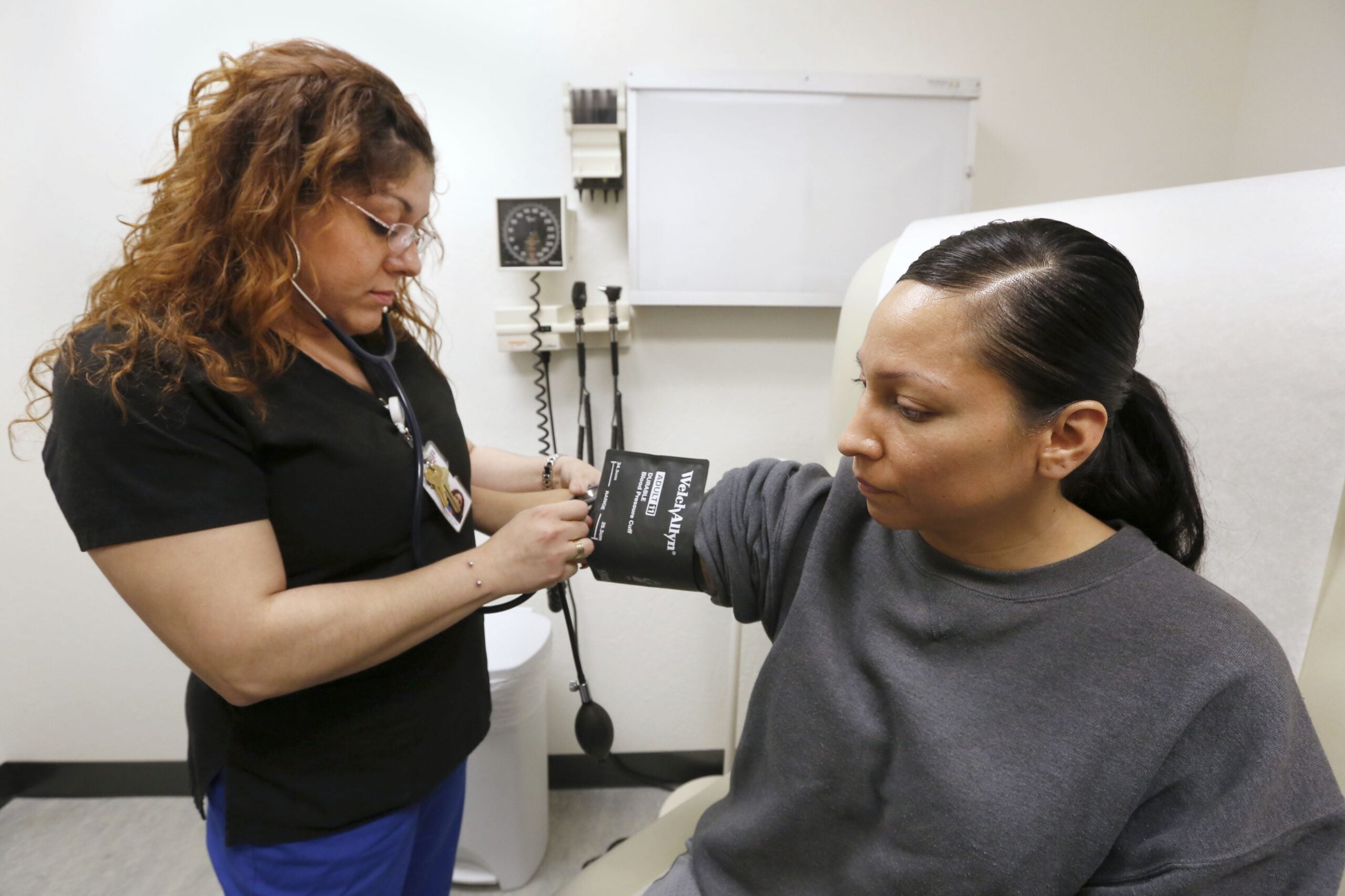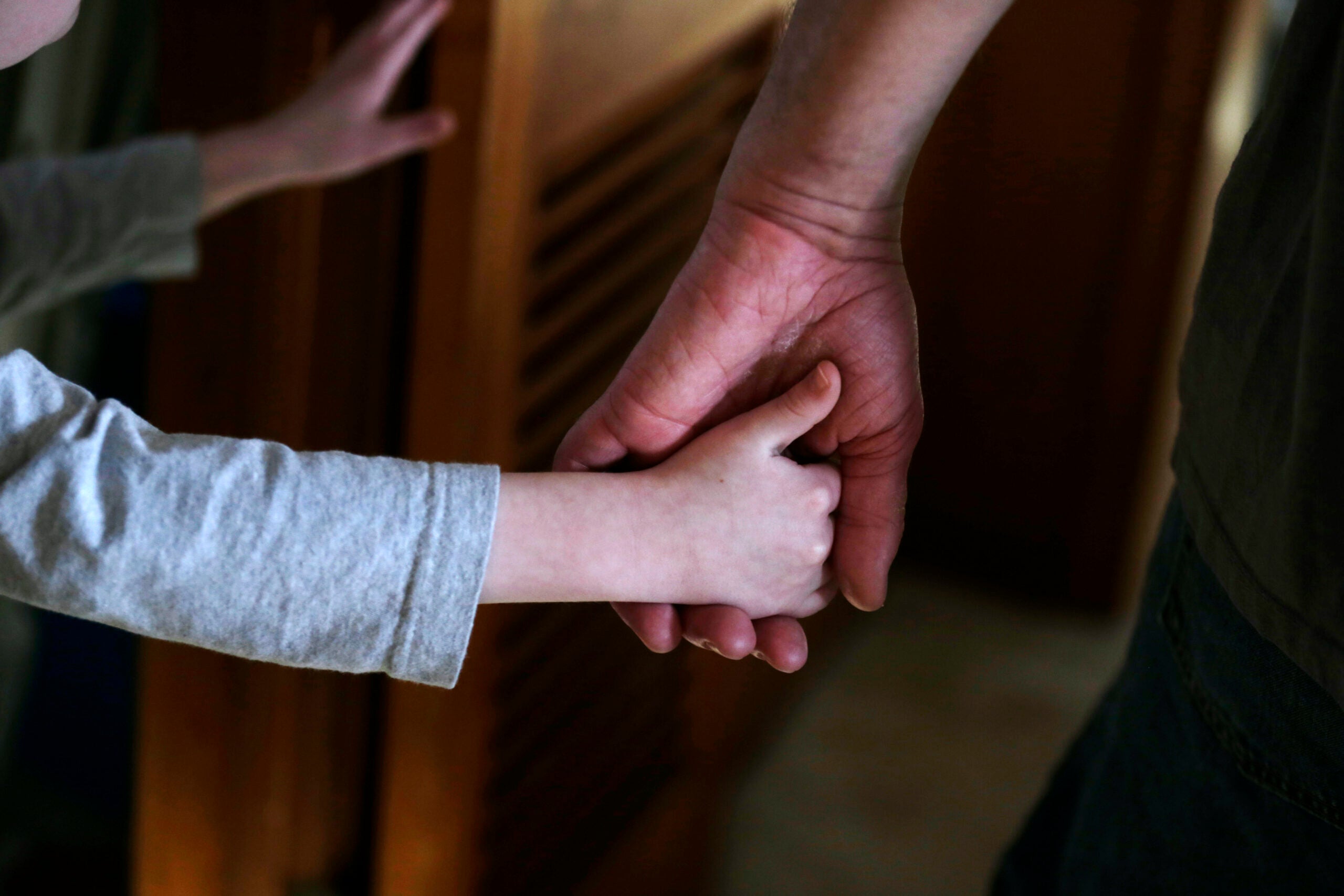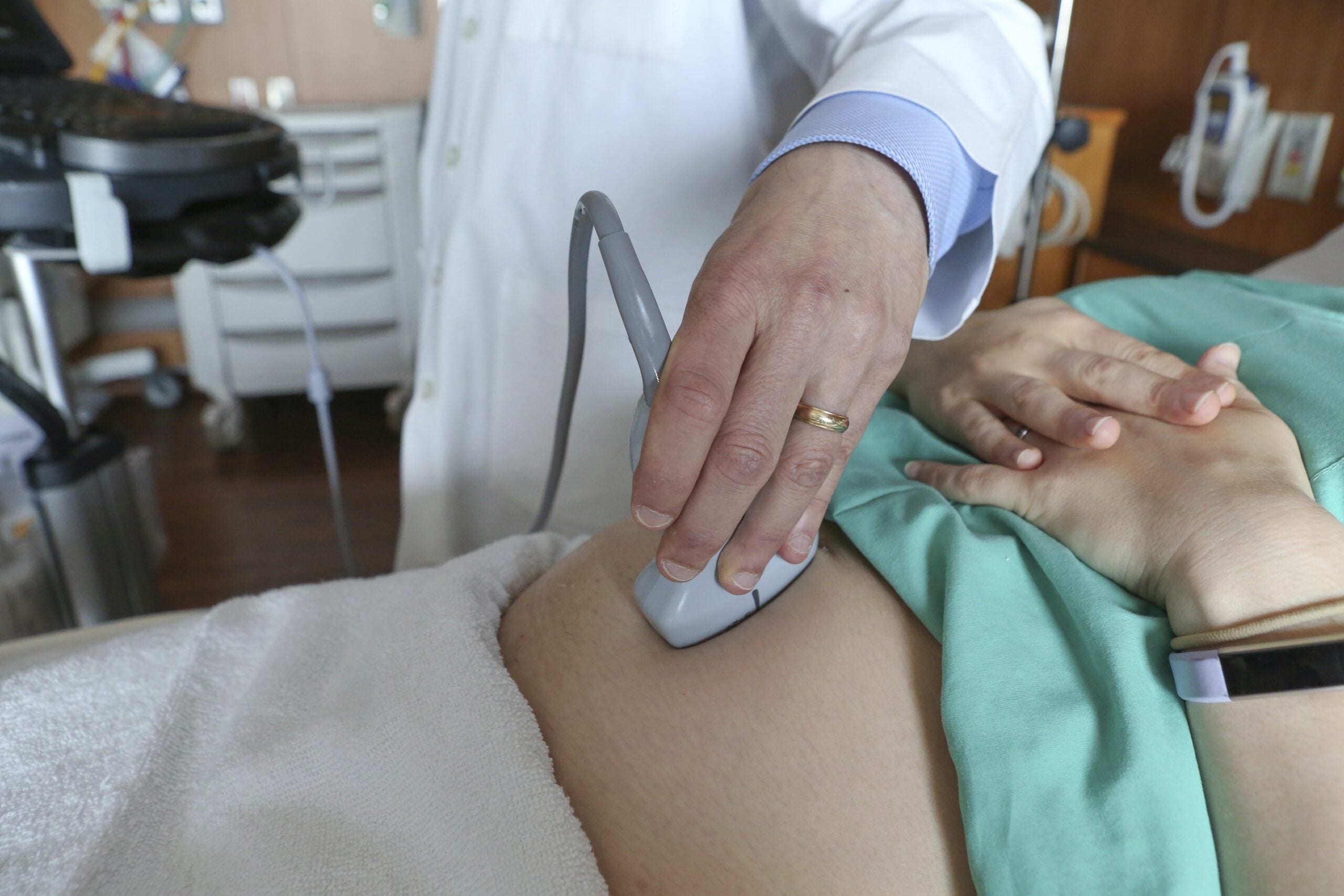A baby girl was found wedged between a mattress and a wall in her parent’s bedroom in Milwaukee on Oct. 4. She was taken to Children’s Hospital, where she was pronounced dead, according to a report from the Milwaukee County Medical Examiner’s Office.
She was 7 months and 19 days old.
There are dozens of cases like this in Milwaukee, where infant mortality is a complex problem related to poverty, race and health disparities. In Wisconsin, one in 10 babies is born prematurely, a risk factor for infant mortality and African Americans are almost twice as likely as whites to have babies born too soon.
News with a little more humanity
WPR’s “Wisconsin Today” newsletter keeps you connected to the state you love without feeling overwhelmed. No paywall. No agenda. No corporate filter.
Health officials believe participation in church and community programs can help to reduce the city’s most preventable causes of infant deaths: premature births and unsafe sleeping environments.
On Wednesday, the Milwaukee Health Department and Ascension Health officials met with local faith leaders to discuss infant mortality. Last year, nearly 9,200 babies were born in Milwaukee, 99 of them did not live to see their first birthday, according to the Health Department.
Columbia St. Mary’s Hospital in Milwaukee started a Blanket of Love program to connect pregnant women and new mothers with services in 2004. Blanket of Love meets once a month at churches in the Milwaukee area. Since 2010, the hospital has asked area churches to hold a Safe Sleep Sabath once Sunday in October.
Milwaukee Mayor Tom Barrett got the city invovled in the Strong Baby Sanctuaries Initiative in 2015. It involves getting the city’s faith community to act as a bridge between pregnant women and new moms, and the resources available to them.
Since then, 32 churches have become Strong Baby Sanctuaries. On Sunday, the city will host the ninth annual Strong Baby Sabbath.
The Rev. John Walton Jr., who leads Calvary Baptist Church, said many mothers living in Milwaukee’s central city lack support. He said the Strong Baby Sanctuary program has been a way to let them know someone is fighting for them.
“The issues are poverty, hopelessness, food deserts and lack of opportunities,” Walton said. “In my mind, it goes back to reconstruction in this country and the effects of racism in this country. The playing field is not level (for African Americans) in America.”
So far this year, the Medical Examiner’s Office has recorded 19 infant deaths. The office does not respond if an infant dies a natural death in a hospital, said Karen Domagalski, operations manager.
Last year, the medical examiner recorded 38 infant deaths, down from 42 in 2017, Domagalski said.
Looking at those records, many of the deaths were due to infants sleeping on couches or in adult beds with other siblings or parents.
Joan Prince, vice chancellor for global inclusion and engagement at the University of Wisconsin-Milwaukee, said what is most important is for women to have access to health care throughout their pregnancy.
“No child should not reach their first birthday by any circumstances due to an adult,” Prince said. “Faith and religion is what’s core inside of a person. Pastors and the clergy have such a tight relationship with their congregation. They can spread the message much more effectively and efficiently than those of us can in the health world.”
Bernie Sherry, who heads Ascension Wisconsin, said 20 percent of health and wellness outcomes in a community is determined by traditional health care and 80 percent by social determinants.
“When we think specifically of maternal health, what’s important is discovering women in the community who need access to health care,” Sherry said. “These congregations help us identify women and then we can help them navigate to get the services they need, with the end goal of ending infant mortality.”
Wisconsin Public Radio, © Copyright 2026, Board of Regents of the University of Wisconsin System and Wisconsin Educational Communications Board.

